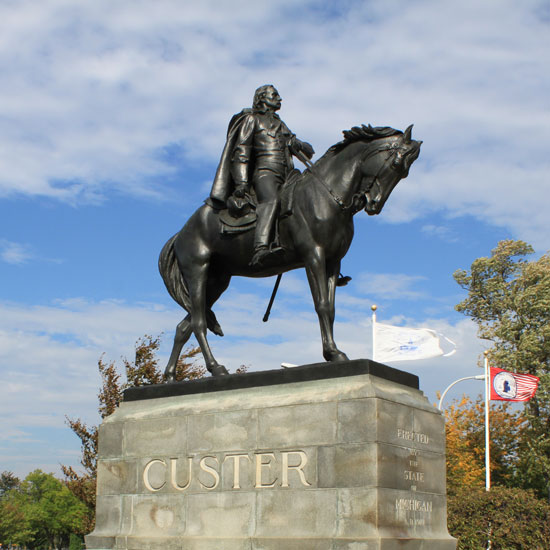
The controversies surrounding the 2016 presidential election have at times made me want to shut politics out of my life until the election is over. But each time, I decide against that because I know how important it is. As Christians, we can’t hide from the issues since many directly impact us. It’s our responsibility to make sure that both we and our children are well informed and ready to cast our votes now and in the future. There is no better time than an election year to be teaching children what the political process of our nation involves and how to evaluate the issues and candidates from the perspective of a biblical worldview.
Our Biblical Worldview: Creation, Fall, Redemption textbook (pages 239–40) says it well:
God laid the foundation for government as He laid the foundation of the earth. Government has been part of God’s good and glorious plan from the beginning. . . . Governments have power from the Highest Power. But governments are made up of fallen people who twist that power in frivolous ways.
Government in itself is not bad and is something that has been planned by God (Romans 13:1). So it’s important for all Christians to understand their nation’s government and participate in it appropriately. However, it’s also true that all governments are made up of fallen individuals, making it equally important for us as Christians to be well informed about what the Bible has to say about the issues and the candidates who take positions on those issues. It’s also our responsibility to make sure our children are prepared to do the same.
I strongly encourage teenagers who are looking forward to voting in this election for the first time to work though Biblical Worldview: Creation, Fall, and Redemption. It takes the biblical values they have been hearing from you as well as from BJU Press curriculum and applies those values to politics, government, and adult life. It also can help you prepare them to defend their Christian faith against the many challenges they’ll encounter as they transition into college and adult life.
Take a look inside the book here.

